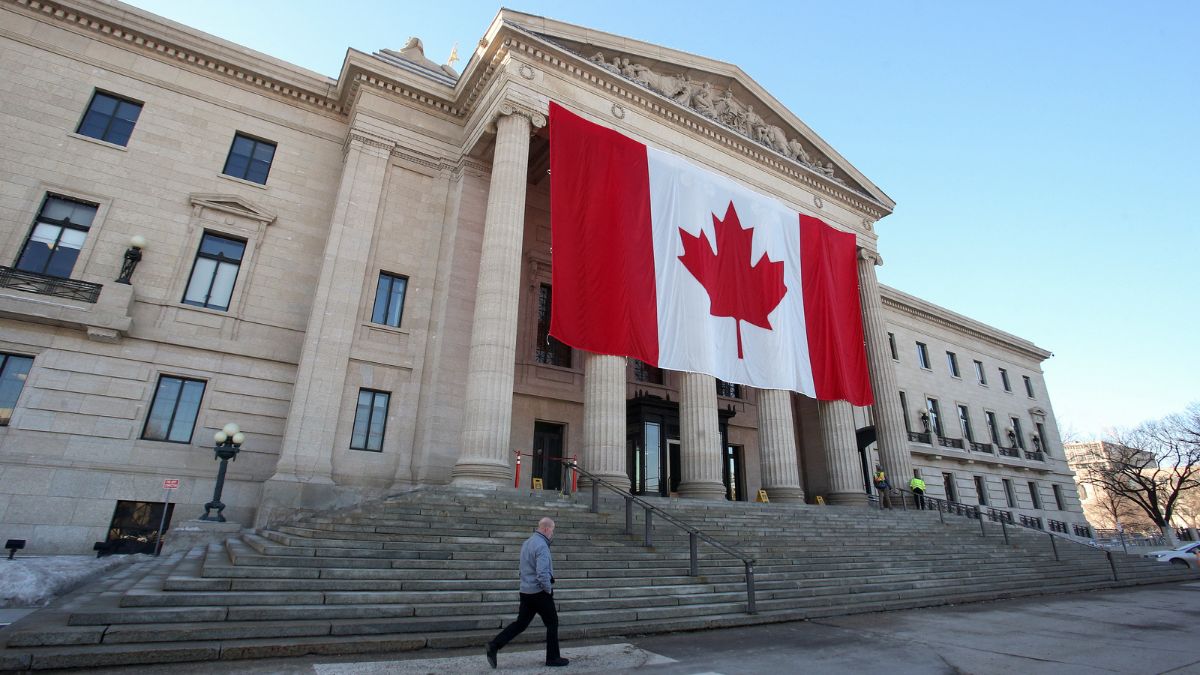The European Commission has issued a stark warning to Apple and Google, telling the two US tech giants that they must bring their products in line with the European Union’s digital competition rules or risk severe penalties.
In a ruling on Wednesday (March 19), the EU’s executive body said the companies could be in breach of the Digital Markets Act (DMA), a landmark law aimed at curbing the dominance of the biggest online platforms.
The decision escalates tensions between Brussels and Washington, with President Donald Trump already pushing back against European tech regulations amid an intensifying trade dispute.
Apple and Google now face the prospect of having to make sweeping changes to key aspects of their business models. Failure to comply could see them hit with fines of up to 10 per cent of their global revenue, the Commission warned.
Regulators turn up the heat
The move comes ahead of further non-compliance rulings expected later this month, which could include financial penalties. Under the DMA, which came into force this year, major tech firms– dubbed “gatekeepers” by EU regulators– are required to ensure a level playing field for competitors.
For Apple, that means opening up more of its iPhone functionalities to rival developers. The Commission specifically called on the company to grant competitors equal access to features such as notifications and device-pairing, which Apple currently restricts to its own products like the Apple Watch. The EU also wants Apple to change the way it interacts with developers.
The decision amounts to “micro-managing the future of the iPhone,” said Dirk Auer of the International Center for Law & Economics, according to Politico. Others argue that the measures do not go far enough. “Third-party developers will still not have real app freedom and interoperability can still be hindered by Apple,” said Jan Pefrat of advocacy group European Digital Rights.
Google, meanwhile, has been told to overhaul its Play Store and search services to ensure it does not prioritise its own products over those of rivals. The company has already made some changes, but regulators say they are insufficient.
Crackdown on Big Tech
Google’s European policy lead, Oliver Bethell, said the company had engaged in “good-faith” discussions with regulators, leading to modifications that have already resulted in reduced traffic for European airlines and hotels.
But Emmanuel Mounier, head of the trade group EU Travel Tech, suggested that Google’s approach “needs to change radically,” pointing out that the company has been at the centre of EU antitrust scrutiny for nearly 15 years.
The latest findings mark another step in the EU’s increasingly assertive stance against Silicon Valley’s dominance in Europe’s digital economy. With more non-compliance decisions on the horizon, Apple and Google face mounting pressure to make fundamental changes– or risk Brussels bringing down the hammer.


)
)
)
)
)
)
)
)
)



